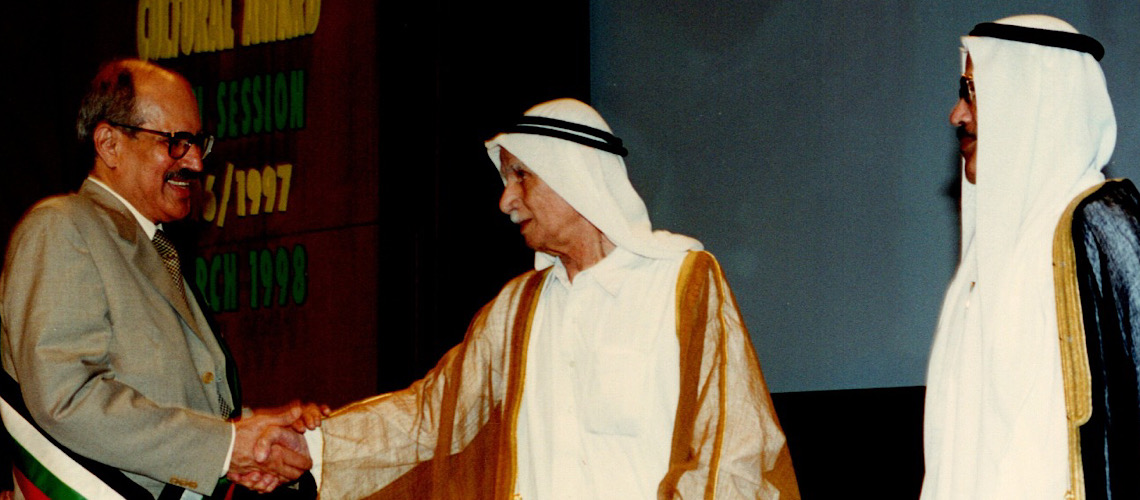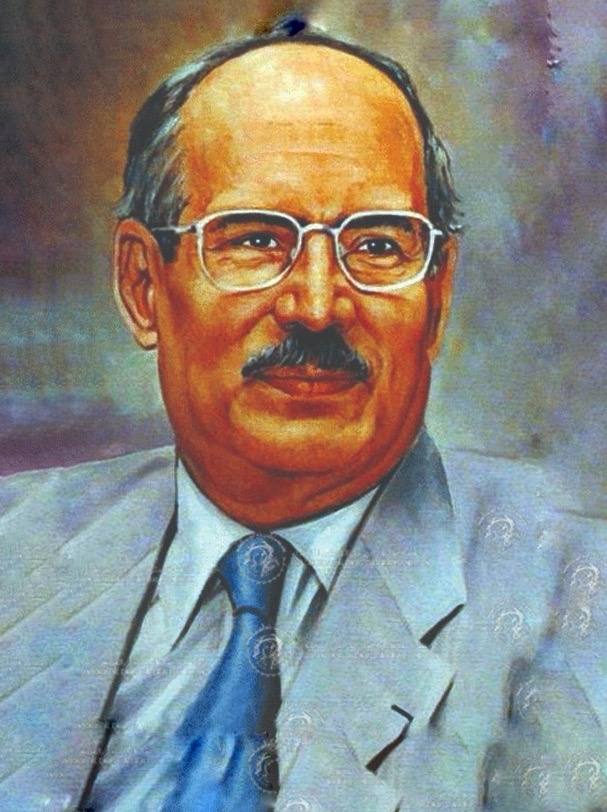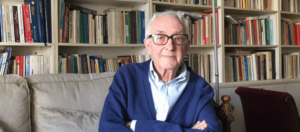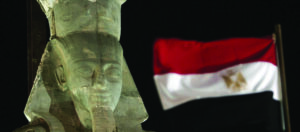Bahraini intellectual Dr. Mohammed Jaber Al Ansari, Advisor to His Majesty the King of Bahrain for Cultural and Scientific Affairs, passed away on Thursday, December 26, 2024, at the age of 85 years.
Professor of Islamic Civilization Studies and Contemporary Thought, Al Ansari, is one of the most prominent Arab thinkers for several decades, and the recipient of the Sultan Al Owais Award in Humanities and Future Studies (fifth edition).
The decision to bestow the Al Owais Cultural Award upon Dr. Al Nasari, stated: “The works of Dr. Mohammed Jaber Al Ansari were characterized by the consistency of the intellectual vision within the framework of a critical project of the prevailing Arab thought in order to renew the renaissance project, and his intellectual vision was characterized by an in-kind diagnosis of the Arab reality in its political, social and civilizational dimensions in the fields of Arab-Islamic heritage and the thought of Renaissance Era.”
Dr. Mohammed Jaber Al Ansari, born in 1939 in Al Muharraq, which was the former capital of Bahrain, and is the birthplace of many great writers and poets, where Al Ansari received his primary education from a group of Arab teachers from various currents of thought. He also self-educated himself through its library, which was comparable to university libraries, in addition to hosting the first school for girls, Khadija Grand School.
He then went to Al Manama where he studied at Al Hidaya Al Khalifiya School and graduated as the top student of his class in 1958. Al Ansari studied at the American University of Beirut, earning a bachelor’s degree in Arabic Literature (1963), a master’s in Andalusian Literature (1966), and a doctorate in modern Arab and Islamic thought (1979).
In Beirut, a city he regards as one of the most significant milestones of his academic journey, he encountered prominent figures such as Ihsan Abbas, Constantine Zureik, Youssef Esh, Hamad Youssef Najm, and Nadim Naima, who were members of the committee that reviewed his doctoral thesis. During this time, he also formed lasting connections with his mentor and friend, poet Khalil Hawi, as well as Kamal Yaziji. His academic pursuits continued through advanced courses at Cambridge and the Sorbonne, culminating in his attainment of a professorship.
Al Ansari embarked on his teaching career in 1964, and by 1966, he was serving as a professor of Arabic language and literature at the newly established Higher Institute of Teachers. In 1969, he achieved another milestone by becoming the first president of the “Family of Writers and Authors” in Bahrain.
He left behind a profound literary legacy and a life dedicated to serving Bahrain. His works stood out for their cohesive intellectual vision within a critical approach to prevailing Arab thought, aiming to revitalise the renaissance project. His insightful perspective offered a precise diagnosis of the Arab reality, encompassing its political, social, and civilisational dimensions, with a particular emphasis on Arab-Islamic heritage and the ideals of the Renaissance.
The late Bahraini thinker is regarded as one of the foremost scholars of Ibn Khaldun’s thought, advocating for a reassessment of the Arab self. He drew extensively on Ibn Khaldun’s insights to analyse the Arab and Islamic reality, emphasising the need to embrace his intellectual revolution.
He underscored how Ibn Khaldun, through his historical methodology, surpassed the miraculous and romantic interpretations that continue to shape the Arab mindset, instead focusing on the enduring and dynamic laws governing the world’s progression from past to present. This perspective is central to his book, “The Meeting of History with the Age: An Invitation to Sow Khalduniya in its Contemporary Dimensions in the People’s Consciousness as a Foundation for the Culture of the Age”.
In his book, he challenges the merely reverential approach to heritage, offering a vision that transcends glorification and seeks to integrate Khaldunian thought into contemporary consciousness.
Dr. Al Ansari received numerous accolades, including Bahrain’s State Appreciation Award for Outstanding Achievement in 1989, the Gold Medal of Excellence from the late King Isa bin Salman Al Khalifa, and the Bahrain Medal (First Class) from King Hamad bin Isa Al Khalifa. King Hamad, when he was the Crown Prince of Bahrain, selected him to be his cultural and scientific adviser, a post he held until his passing.
Dr. Al Ansari received the Sultan Bin Ali Al Owais Cultural Award for National and Future Studies during the 1996–1997 session, the Kuwait Foundation for the Advancement of Sciences Award in 1981, the Munif Al Razzaz Award for Thought in 1983, and the GCC Leaders’ Medal at the Muscat Summit in 1989. He became a member of the Academy of the Kingdom of Morocco in 1999.
Dr. Al Ansari authored influential political, cultural, and academic works over seven decades. His writings combined authenticity with modernity, providing researchers and scholars with a foundational intellectual framework distinguished by its objectivity and depth.
Al Ansari has published more than 20 books in the fields of thought, literature, culture and political sociology. Among his most prominent books are: “The World and the Arabs” in 2000, “Transformations of Thought and Politics in the Arab East”, published in the World of Knowledge series, “Arab Thought and the Conflict of Opposites”, “Moroccan Sensitivity and Eastern Culture”, “Cultural Interaction between the Maghreb and the Levant”, and “Renewal of the Renaissance through Self-Discovery and Self-Criticism”.
His published books also include “The Political Formation of the Arabs and the Significance of the Qatari State”, “The Political Crisis among Arabs and the Position of Islam”, and “Arabs and Politics: Where’s the bug?” , “A Quranic View of International Changes and Intellectual Concerns between Islam and the Age”, and “The Suicide of Arab Intellectuals and Current Issues in Arab Culture”.





